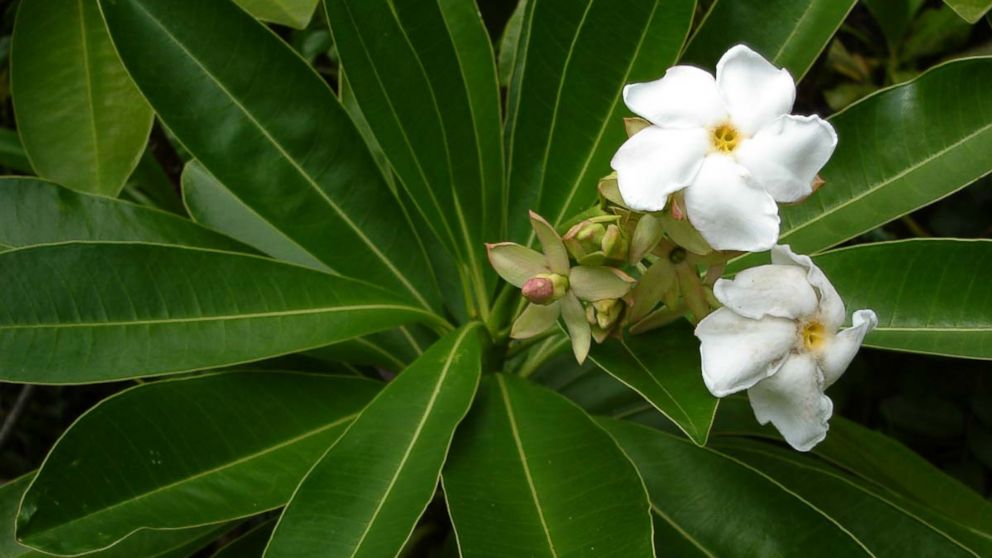Illinois Mom Warns About Seeds From 'Suicide Tree' After Child's Death
Illinois woman said she wants to highlight how dangerous the seed is.

— -- An Illinois woman is drawing attention to the dangers of a seed available online after she said her 22-year-old transgendered child died after ingesting the seeds.
Natosha Anderson told ABC's Chicago station WLS-TV that she wanted to show the dangers of "pong pong" seeds, which come from a tree called Cerbera odollam, originally native to India. Anderson said her child died two weeks ago after taking the seeds in an apparent suicide and that she found her in pain on the bathroom floor.
While Anderson used male pronouns and the name Bernard McCalip, she told WLS-TV her child had been struggling with her transgender identity and had recently changed her name to Lucia.
"He said, 'I can't feel my heart.' And I said, 'What's wrong? What's going on?'" Anderson, of Calumet City, told WLS-TV, recalling that she said, "I took a pong seed."
"And I said, 'A what? What is that?'" Anderson recalled, noting that paramedics did not recognize the seed or understand how it affects the body.
"I'm pretty sure he thought it was going to be easy, but it wasn't. He died in pain. It was slow, and it was painful," Anderson told WLS-TV of her suicide.
The office of the Lake County Medical Examiner said that McCalip's cause of death is still pending and that results from the toxicology tests were not yet available.
Anderson did not immediately respond to ABC News' request for additional comment.
Dr. Donna Seger, executive director and medical director of Tennessee Poison Control, said cases of this seed being ingested are still rare in the U.S. Seger said the seeds have an effect similar to a heart drug called digoxin.
"These seeds act just like this heart drug -- it causes arrhythmias [erratic heart beat] and cardiac damage," she said, noting that if a person ingests the seed, it may be possible to save the person if they get to a hospital in time. "Potentially, you try to give an antidote."
The seed contains a toxin that affects the heart, which can disrupt the heart's electrical activity, according to medical literature. The plant is often grown as a hedge between properties.
One medical report said the seed has been used multiple times in suicides and homicides in India, with 537 reported poisonings in the Indian state of Kerala over 11 years.
Anderson said she wanted to raise awareness of the seed's dangers so that other parents can protect their children and be aware that this seed is dangerous.
Seger said the case highlights how easy it can be to obtain dangerous products on the Internet.
"I think we are well aware that what you get on the Internet, you don't know what it is," she said. "The misconception is the FDA regulates everything that's not safe."
FDA does not regulate herbs or supplements, she noted.




